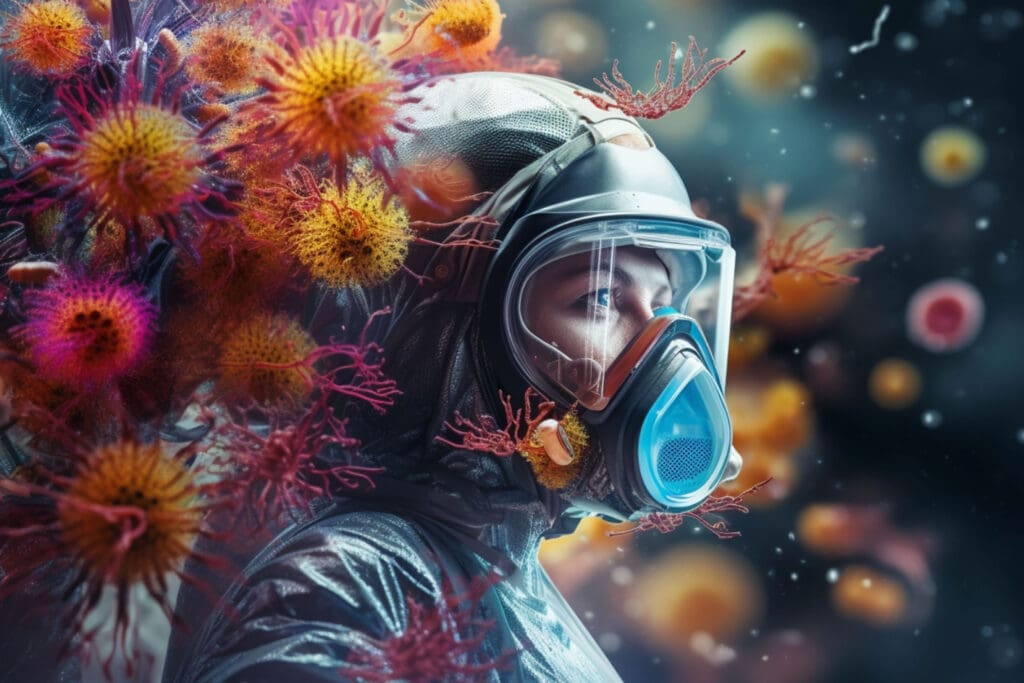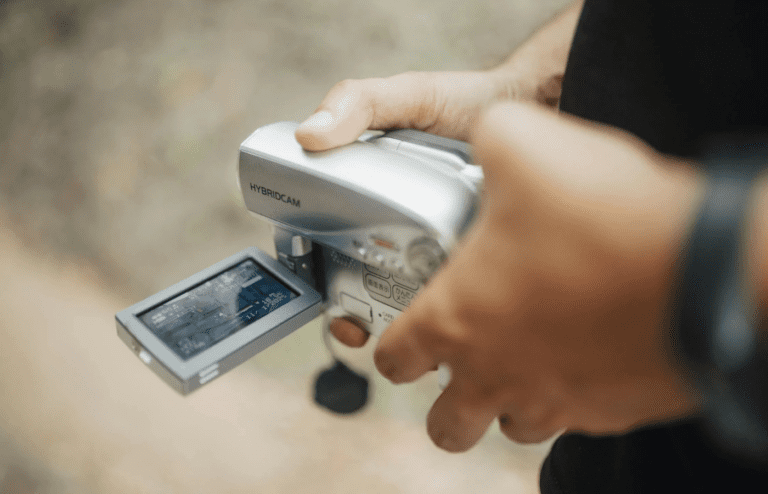Clostridioides difficile (C. difficile, or C. diff) is a Gram-positive species of spore-forming bacteria. It is a superbug well known for causing serious diarrhea and even life-threatening infections and is suspected of causing colon cancer.
C. difficile is particularly prevalent in soil. Moreover, is also responsible for at most one-third of infections that can be traced from an infected person in hospitals. But the majority of infections are acquired outside of hospitals. It is most commonly acquired by people after the use of antibiotics.
Read More: This One Thing Will Make Your Morning Breath Worse

New Study Identifies Super-Resistant Superbug
The medical field is highly concerned about the results of new research by the University of Plymouth. Their findings demonstrated that spores of Clostridium difficile were completely unaffected by the main types of disinfectants that are used to clean surfaces and scrubs in hospitals.
The study involved spiking surgical scrubs and patient gowns with spores of C. diff. The researchers tested three clinical in-use concentrations of sodium hypochlorite a.k.a chlorine bleach. Then they examined the spiked areas of the scrubs and gowns with electron microscopes.
Even when treated with high concentrations of bleach, the C. diff spores were not damaged. The chemicals were no more effective than ordinary water.
“The research should have significant impact on current disinfection protocols in the medical field globally,” said Dr. Tina Joshi, Associate Professor in Molecular Microbiology at the university who led the study. “With incidence of anti-microbial resistance on the rise, the threat posed by superbugs to human health is increasing.”
“Far from demonstrating that our clinical environments are clean and safe for staff and patients, this study highlights the ability of C. diff spores to tolerate disinfection at in-use and recommended active chlorine concentrations,” Dr. Joshi added. “It shows we need disinfectants, and guidelines, that are fit for purpose and work in line with bacterial evolution, and the research should have significant impact on current disinfection protocols in the medical field globally.”
The findings were published in the journal Microbiology.
Resistance to Antimicrobials Rising
Unfortunately, Antimicrobial resistance (AMR) is rising globally. This refers to a state in which bacteria, fungi, and parasites adapt to withstand antimicrobials meant to kill them.
“With AMR increasing globally, the need to find those answers – both for C. diff and other superbugs – has never been more pressing,” Dr. Joshi said.
“This resistance is the result of inappropriate and excessive use of antimicrobials in people, animals, and farming, as well as inadequate infection prevention and control measures in healthcare settings,” the ECDC said, EuroNews reported.
What You Should Know About This Common Superbug
Clostridium difficile is a microbe that causes diarrhea, colitis, and other bowel complications. It infects the colon, the longest part of the large intestine. The damage it can cause to the colon can be life-threatening.
Less common, C. difficile can cause sepsis, where the body’s response to an infection can damage its own tissues. It can also cause the colon to become inflamed and expand larger, a condition called toxic megacolon, requiring admission to an intensive care unit.
C. difficile is known to infect millions of people across the world each year. Prior studies have found that Clostridium difficile is responsible for more than 12,000 deaths per year in the United States alone. According to According to the European Centre for Disease Prevention and Control (ECDC), there are an estimated 7,800 fatal healthcare-associated C diff cases annually in the European Union (EU)/European Economic Area (EEA).
Here are some of the signs and symptoms to watch for and when to seek medical help.
Read More: 10 Debunked Myths Your Parents Convinced You Were Real
Can Be Acquired Through the Use of Antibiotics
Although we mostly associate antibiotic use with healing infections, this bacteria is an exception. Clostridium difficile infection most often occurs after the use of antibiotic medicine. You can also catch this bacteria from infected people and other sources.
Most commonly, older adults get an infection from C. difficile in hospitals or long-term care settings. However, some strains of the bacterium can also cause serious infections more likely to affect younger people.
What Medications Can Cause a Clostridioides Difficile Infection?
Luckily, only a small number of antibiotics have been directly associated with elevating the risk of developing a C. difficile infection. However, there are additional non-antibiotic risk factors such as the use of stool softeners and/or receiving an enema.
The three most common antibiotics that carry an infection risk for C. Diff. are:
- Clindamycin: This drug is used to treat several bacterial infections including acne, bone and joint infections, strep throat, pneumonia, middle ear infections, and acne. It is typically prepared in capsules but comes in other forms such as foam, solution, lotion, pad, and gel/jelly.
- Fluoroquinolones: These are used to treat bacterial infections in humans and veterinary medicine. It is widely used for the treatment of hospital-acquired infections associated with urinary catheters.
- Cephalosporins: Are widely prescribed for skin and soft tissue infections, as well as hospital-acquired surgical infections. It may be used for people allergic to penicillin.
What are the Symptoms of an Infection?
People infected with C. difficile typically will manifest symptoms around 5-10 days after starting an antibiotic. However, this can also vary from one day after to up to three months later.
The most common symptoms of a mild-to-moderate infection are watery diarrhea more than once a day, and often three times or more. Mild stomach cramping and tenderness are also common.
Severe infections can cause inflammation of the colon. This results in watery diarrhea up to 10-15 times a day. Stomach cramping and severe pain. Loss of fluids and dehydration. Fever and nausea. Blood or pus may be present in the stool. Heart rate may be accelerated.
When to See a Doctor
Anyone experiencing these symptoms should see a doctor immediately, especially if you had previously been taking antibiotics.
Be alert for these symptoms: Two or more watery stools per day. Symptoms lasting more than two days. A new fever. Severe stomach pain or cramping. Blood in your stool.





